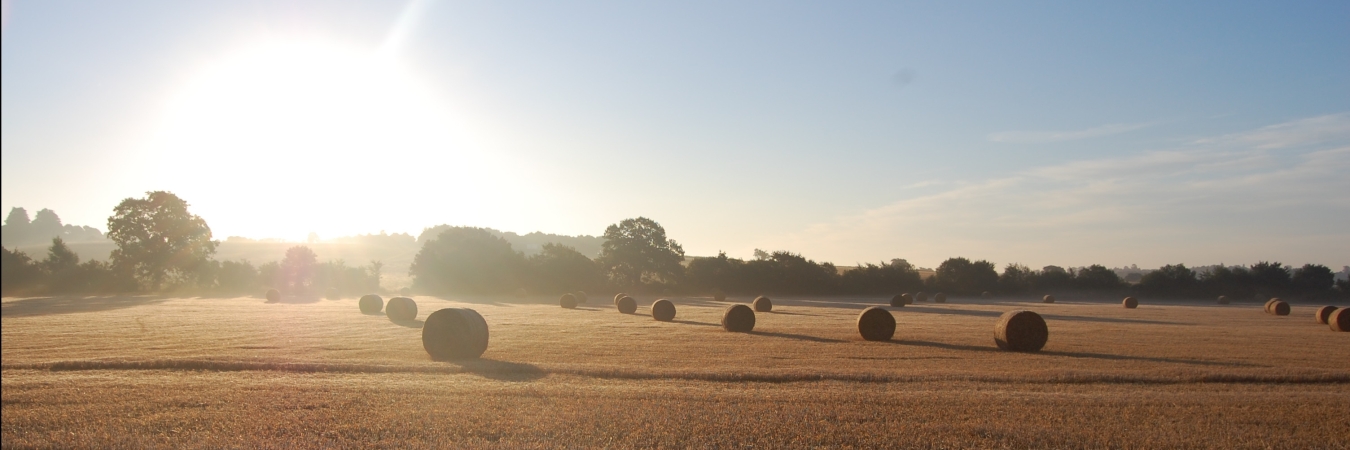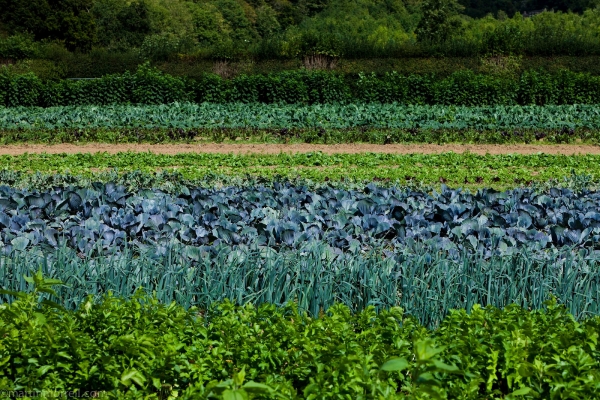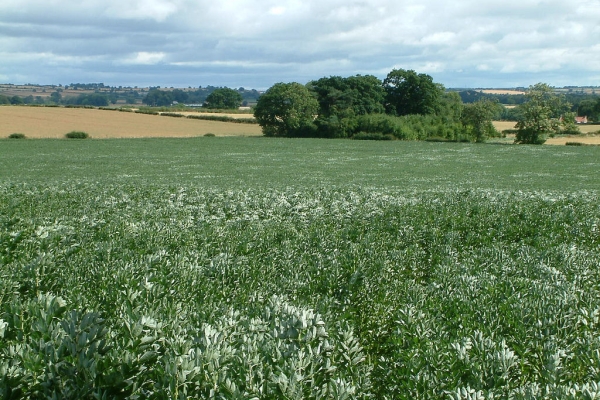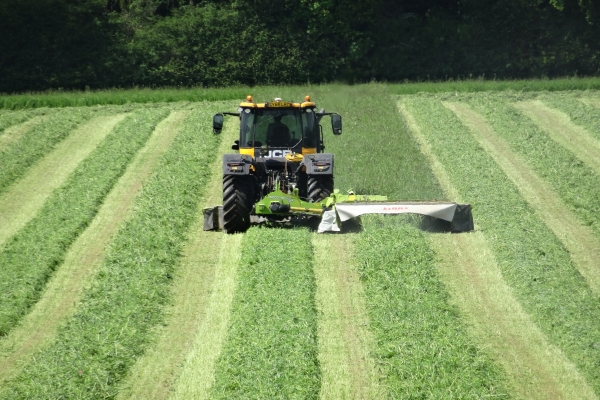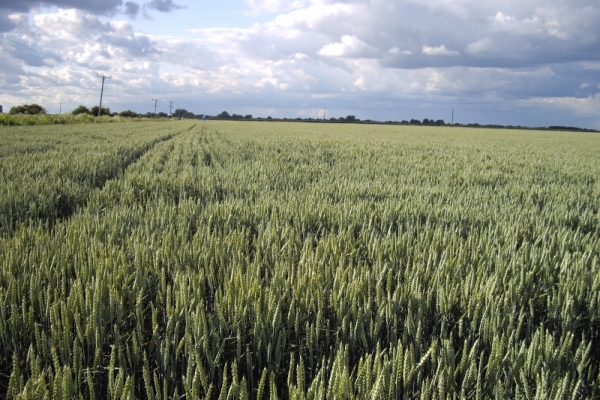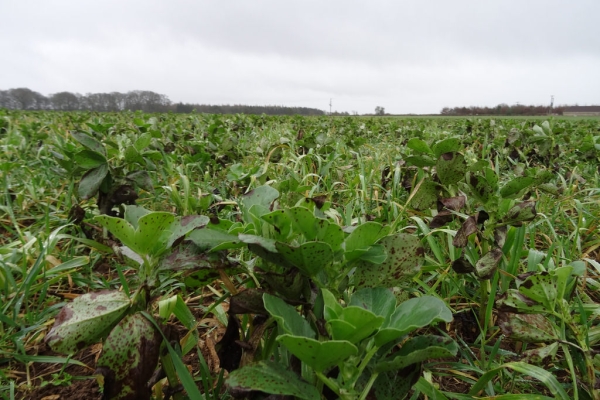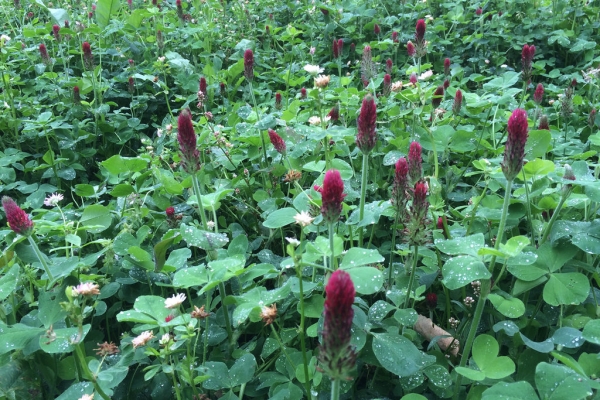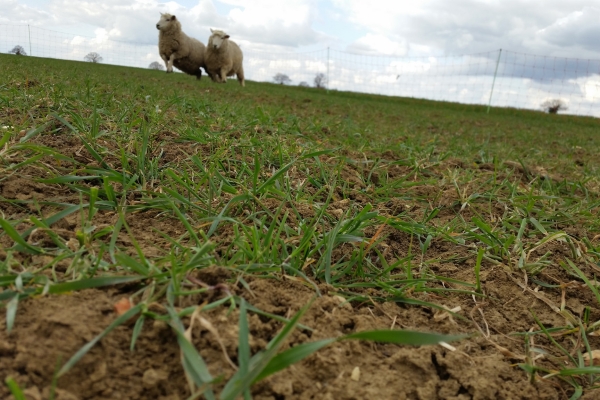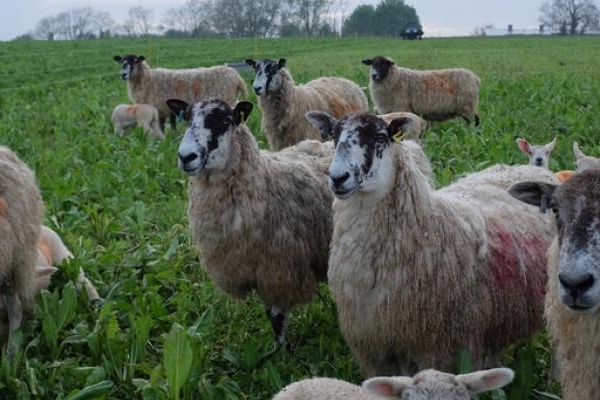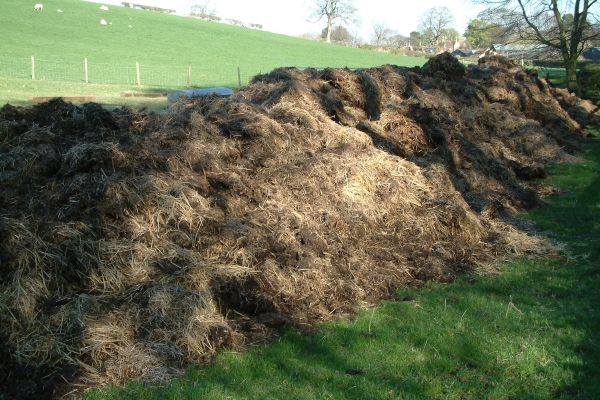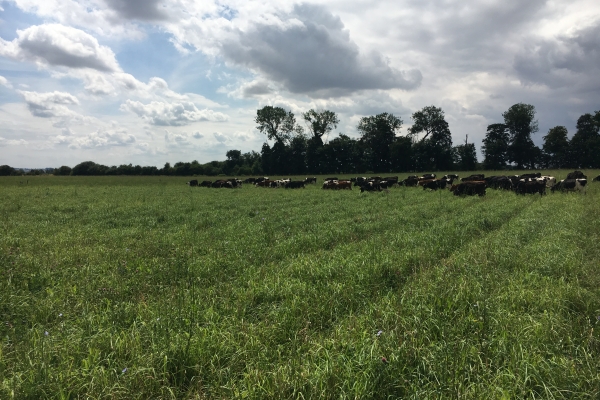Your invitation to take part in vital research about crop rotations & climate change during Feb
We need to understand the drivers and constraints on growing crops in rotation, especially predicting the future impacts of climate change on crop rotations. What influences your decision-making around crop rotations and management and how might you reduce the impacts of climate change?
Arable crops are probably the most versatile component of farming because they change annually – decisions are made year-by-year about which crops to grow where. But, the choice of the crop in a field next year will be influenced by the recent history of crops in the field, because crops are grown in rotations.
Crop rotations are a long-standing part of arable farming, with many benefits for soil health, weed control, pest and disease reduction and diversification of farm practices. Previous studies have demonstrated that there are alot of interactions between, on the one hand, crop rotations and farmland plants, and, on the other hand, farmland plants and biodiversity. Thus, crop rotations can enable farmers to balance agro-ecosystem services and crop productivity, but they are obviously borne out of being practicable and acceptable to farmers.
Changing crop rotations could be a good management practice for mitigating the negative effects of climate change on agro-ecosystem services (provisioning, production and regulation services) and on biodiversity. Changing arable crops and rotations could also be a way of taking advantage of the opportunities of climate change, as it is increasingly felt over the next decade.
We are a team of ecological and economic researchers from across Europe who have been exploring some of the predicted impacts of climate change on crop rotations. We are interested in understanding what makes crop rotations acceptable to farmers and what are the constraints that limit or enable change in farming practice.
We are keen to undertake short (1 hour) interviews with about 30 farmers during February to understand your decision-making around crop rotations and management, and how you might use these to reduce the impacts of future climate change on crop production and take advantage of new opportunities. In particular we are interested in understanding:
- Arable cropping practices, especially what influences your choice of crop rotation;
- Whether extremes in weather (as predicted through climate change) provide opportunities and/or constraints on choice of crops;
- What measures you might consider to increase resilience to predicted climate change
The interviews will be based around a structured questionnaire that was co-developed with farmers and will take about an hour. They will be conducted during a visit by Miranda Bane from Centre for Ecology & Hydrology (CEH) at a time of your convenience during February. Across the whole project (funded by FACCE SURPLUS), interviews will be conducted with farmers in England, France and Denmark. To express your interest or for further information please contact me either via email (michael.pocock@ceh.ac.uk), or Twitter: @mjopocock.
Dr Michael Pocock is an ecologist at CEH. He writes of himself:
“I have been undertaking research in agro-ecology over the past 20 years. This has involved research on a wide range of different types of animals and plants, but I am particularly keen on understanding the interactions between different species (and impacts on areas such as pollination and biological pest control), and the benefits of nature for people. It means that I try to understand wildlife on farms as a whole interdependent ecosystem – a food web. This culminated in a project, published a few years ago, where I helped to assess all the interactions between 560 species of plants and animals on a mixed farm in Somerset. It was a huge task that required the effort of 20 field workers and 20 more taxonomic experts identifying specimens. Increasingly, I have been keen to engage others with research – from farmers who can provide expertise to contextualise scientific research, to volunteer expert naturalists and the general public. I have run several ‘citizen science’ projects involving many thousands of people in scientific research on pollinators, invasive species and pest control.”
Header image shows view of wheat fields at dawn after recent harvest © Marc Botham, CEH
